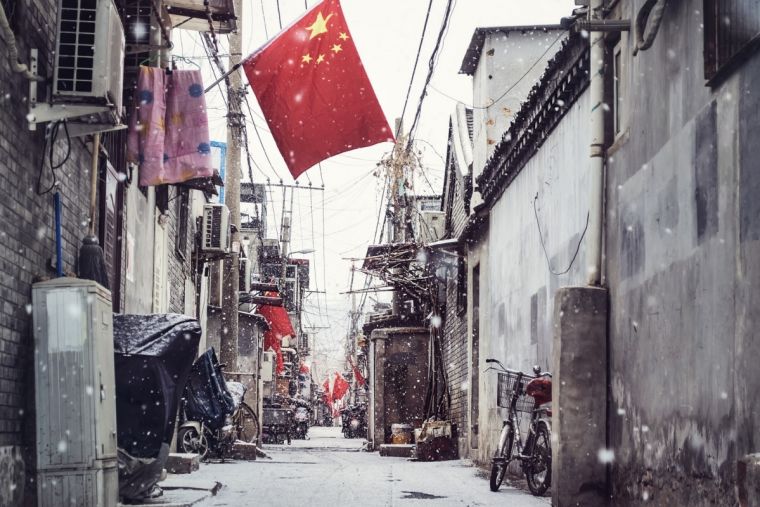China tightens regulations on clergy

China has introduced new regulations on clergy to require that they "support the leadership of the Communist Party".
Christian Solidarity Worldwide (CSW) has raised concern over the provision, saying that in practice, it is likely to mean a prohibition on any criticism of party actions and policies.
The regulations also stipulate that clergy must not "endanger national security" or be "dominated by foreign forces".
Senior leaders are allowed to remain in post for three to five years after which time they must submit their personal information again to the authorities in order to re-register.
CSW fears that the authorities may refuse to re-register clergy who have criticised the regulations or failed to obey them.
Article 16 states that Catholic bishops must be approved and ordained by the state-sanctioned Chinese Catholic Bishops' Conference.
The Union of Catholic Asian News claims that the regulations "indirectly assert that the election of Catholic bishops will be done by the state-approved system under the Chinese Communist Party's direction and the Vatican and Pope Francis will have no role in it."
"It runs contrary to the laborious China-Vatican deal on appointment of Catholic bishops, signed in September 2018," it said.
The administrative measures were released recently by China's State Administration for Religious Affairs and will come into effect on 1 May.
One human rights lawyer told CSW that the measures are "one more weapon in [the Chinese authorities'] arsenal to limit or further persecute the religious communities."
A pastor told the advocacy group: "Sinicization of religion is in fact the 'partyisation' of religion, and in the end there is only the CCP and no religious beliefs."
CSW's Founder President Mervyn Thomas is calling on the Chinese government to protect the right to freedom of religion or belief for all its citizens.
"These regulations have concerning implication for freedom of religion or belief in China; however, as with the revised Regulations on Religious Affairs, what is even more significant than the regulations themselves is the context in which they are being introduced," he said.
"Religious communities across the country are facing increasing pressure to conform to a Party-approved version of religious practice.
"In some cases, it is subtle; in others, it is an outright assault on communities' rights and freedoms, as it is in the Uyghur Region.
"In any case, where churches and other communities have resisted this pressure, their leaders have faced harassment, threats and even prison sentences."











